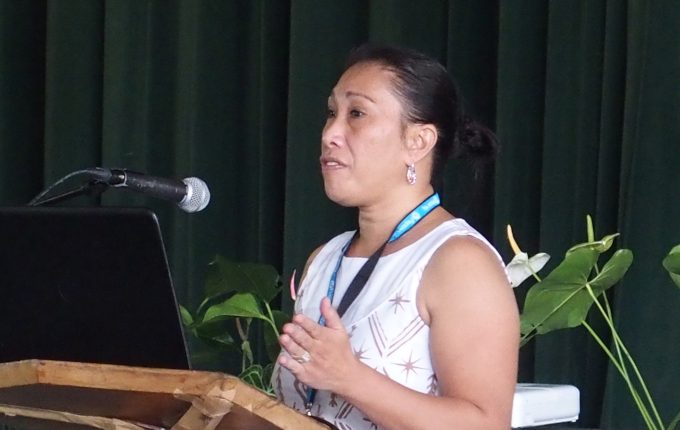Justina Sau, Chief Executive Officer of the Unit Trust of Samoa, passed away in October this year. In this article, we celebrate the life of an extraordinary business person and trailblazer for Samoan women.
Register to Access this Exclusive [i3] Insights Article
Create a free account to access exclusive interviews with asset owners, revealing insights on investment strategies, market trends, and portfolio allocations.
If you already have an account you can Login .
If you have any issues registering an account please send us an email at [email protected].

